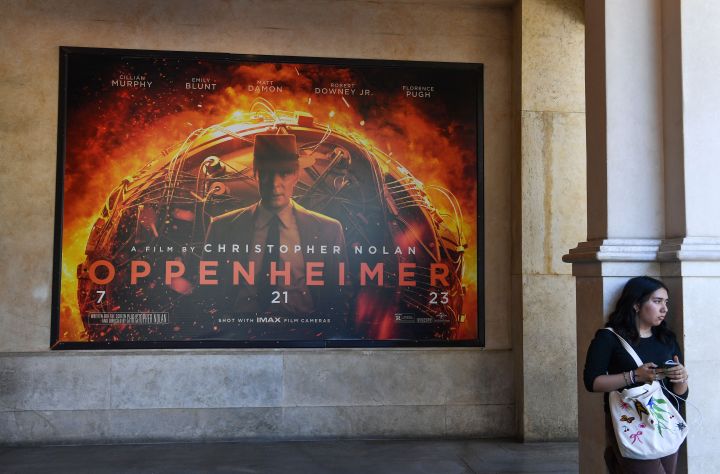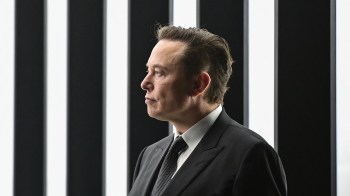
Immigration reform seen as key to U.S. AI leadership

What do the following people have in common? Google CEO Sundar Pichai. NVIDIA CEO Jensen Huang. And Elon Musk, of Elon Musk fame.
If you said “They’re all super rich dudes who head American tech companies” you’d be right but they’re also immigrants. Pichai from India, Huang from Taiwan, and Musk from South Africa.
I bring that up because all three of those guys were in attendance at that AI Forum with Congress you probably heard about earlier this week.
And getting artificial intelligence right, well, that might depend on getting immigration right too.
If you saw the movie “Oppenheimer” — pro tip, you can leave after the first two hours — anyway if you were at least awake for most of “Oppenheimer,” you might have been surprised at all the foreign accents.
That’s because in the race to beat Hitler to the bomb, the Manhattan Project employed lots of nuclear scientists originally from outside the U.S.
“We relied a lot on German talent and talent from other European countries, and that was really vital to advancing American national security interest,” said Darrell West with the Brookings Institution.
“We’re kind of in a similar situation today, where we’re in an AI race with China … immigration can be part of that success story,” he said.
The good news is AI talent from around the world still wants to come here more than anywhere else.
The biggest AI companies and AI paychecks are in Silicon Valley, and Stanford and UC Berkeley are leading AI research schools.
The bad news is that when BaoBao Zhang at Syracuse University surveyed AI researchers, “69% of those who currently live in the U.S. say that visa and immigration issues are a serious problem for them conducting AI research.”
It’s the same issues American tech companies have been complaining about for decades — a cap on the number of high-skilled visas, the Kafka-esque odyssey to a green card.
To fix that, some lawmakers have proposed creating an AI Visa specifically designed for AI talent.
Zach Arnold at the Center for Security and Emerging Technology applauds the spirit of the idea, but…
“It can also be pretty difficult to predict who exactly is going to make a contribution. A lot of the really fundamental figures in AI in the U.S. have come into the country as children, as dependents, as refugees,” said Arnold.
If the U.S. fails to attract and retain foreign AI talent, the biggest winner could be Canada. It’s trying to be as accommodating as possible for immigrants with AI expertise.
There’s a lot happening in the world. Through it all, Marketplace is here for you.
You rely on Marketplace to break down the world’s events and tell you how it affects you in a fact-based, approachable way. We rely on your financial support to keep making that possible.
Your donation today powers the independent journalism that you rely on. For just $5/month, you can help sustain Marketplace so we can keep reporting on the things that matter to you.

















